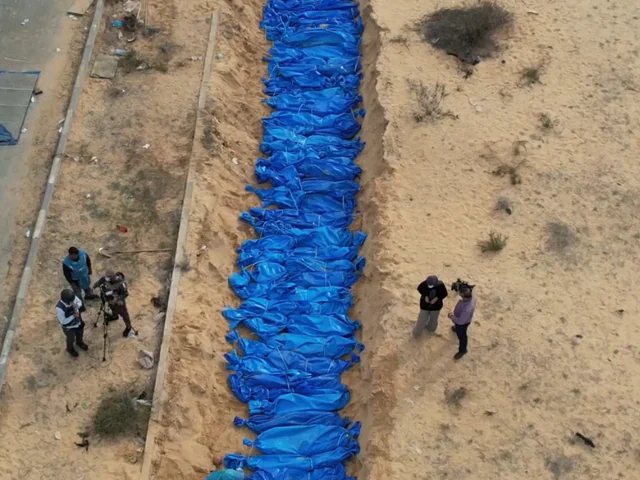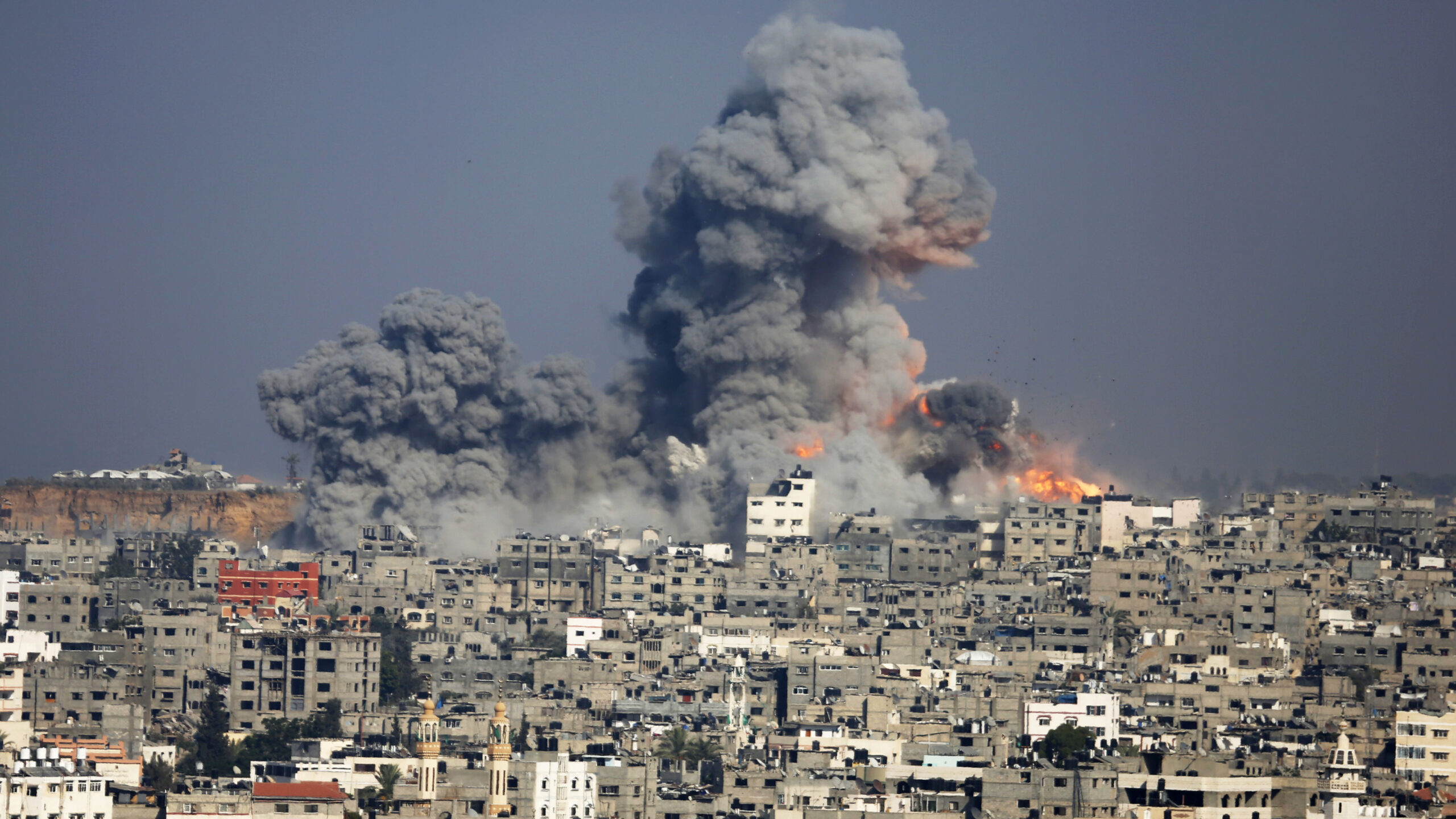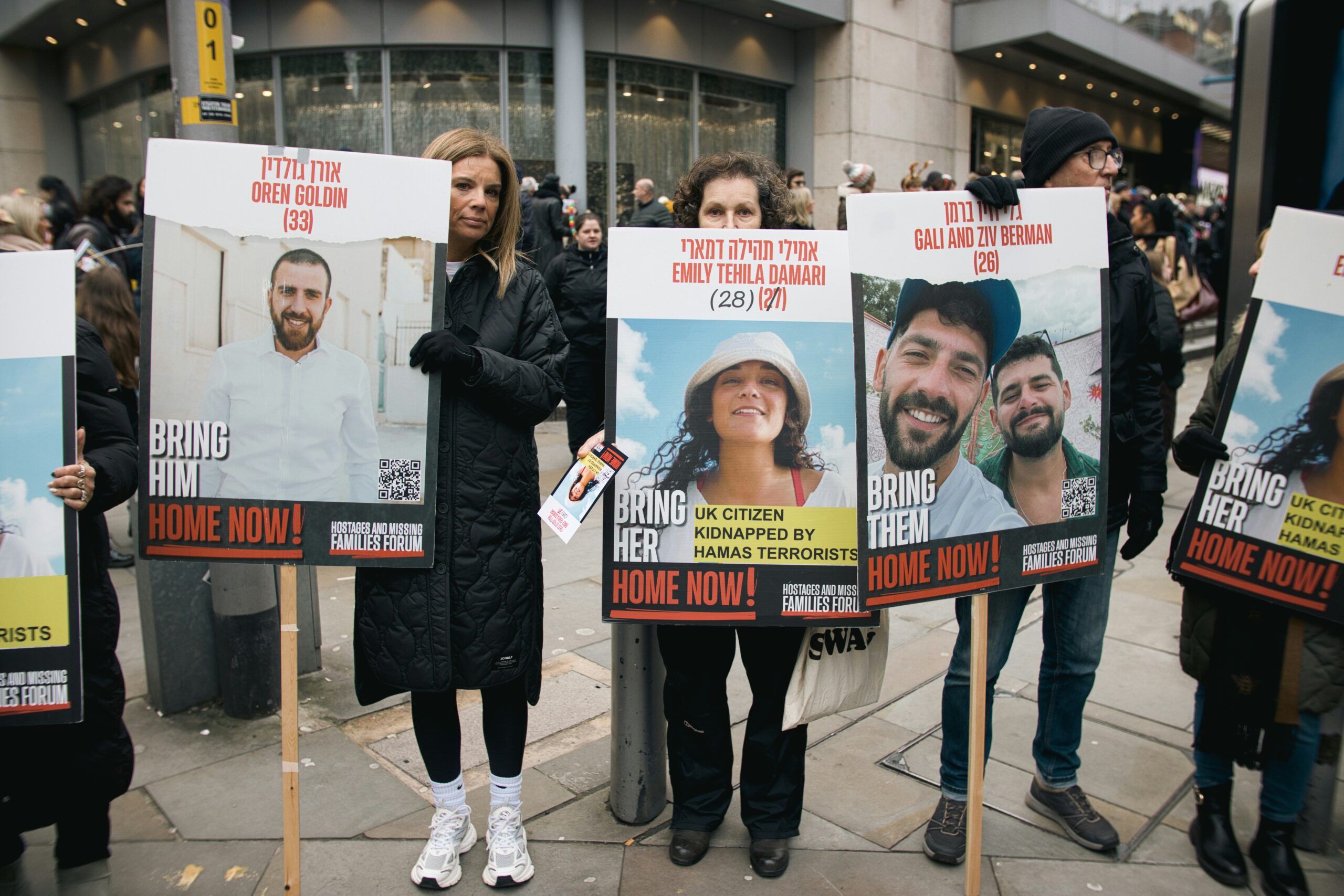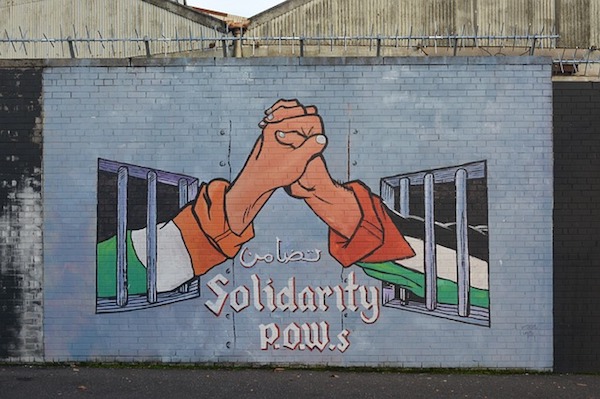Germany has officially deployed a 5,000-strong armored brigade to Lithuania, marking its first permanent foreign military stationing since the end of World War II. The move underscores a dramatic shift in Berlin’s defense posture as NATO ramps up its eastern defenses in response to escalating tensions with Russia.
The unit, known as the 45th Armored Brigade, will be stationed near Vilnius and includes tanks, infantry fighting vehicles, and combat-ready personnel. The deployment solidifies Germany’s role in NATO’s Enhanced Forward Presence strategy and positions the country as a leading force in European territorial defense.
“This is a historic moment for Germany and a clear message to any who threaten the peace of Europe,” said Defense Minister Boris Pistorius during a ceremony marking the activation of the brigade.
Lithuania, which borders both Belarus and Russia’s militarized Kaliningrad region, has long called for stronger NATO protection. The permanent German deployment is seen as a reassurance to Baltic states that the alliance will not hesitate to place troops on the front lines.
Germany’s decision to move from rotational to permanent deployment breaks from decades of military restraint shaped by the legacy of the Second World War. While German troops have participated in NATO missions and international peacekeeping, this is the first time since 1945 that they will be stationed indefinitely abroad with a full brigade combat team.
The move comes amid warnings from European intelligence services that Russian President Vladimir Putin is preparing for broader confrontation with NATO, including destabilization efforts in the Baltics and active operations in Ukraine.
Berlin’s deployment is widely seen as a response not just to Russian aggression, but also to concerns about weakening U.S. commitment to NATO under the Trump administration. With questions swirling over Washington’s long-term reliability, Germany’s decision signals that Europe may need to rely more heavily on itself for security in the years ahead.
For the Baltic states, the message is unmistakable: Germany is no longer watching from the sidelines.
Author
Discover more from The Crustian Daily
Subscribe to get the latest posts sent to your email.













